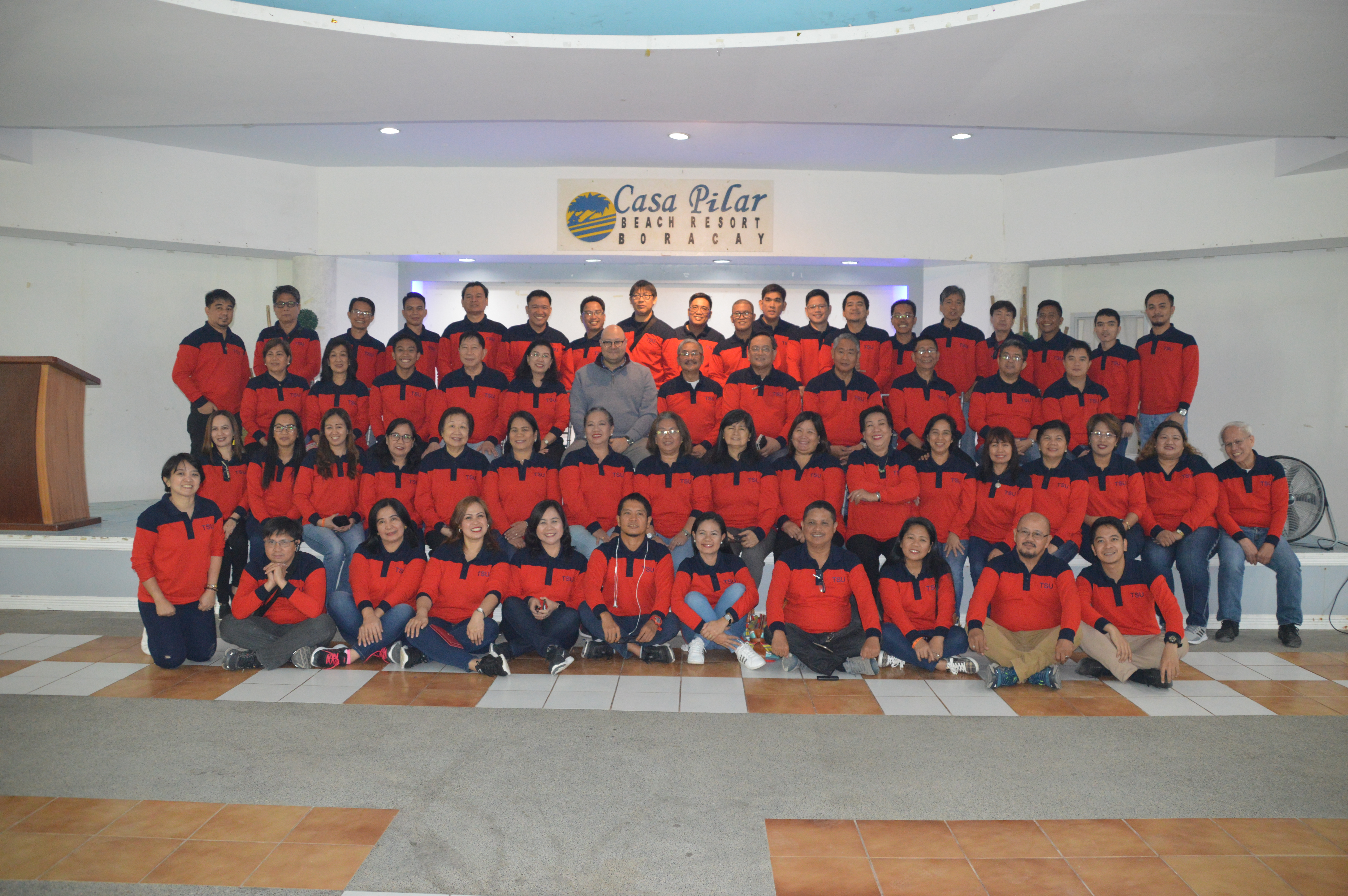Every year since Dr. Myrna Q. Mallari became president of the Tarlac State University in 2014, officials of the university gather together for days to map out the road that TSU would take for the next few years.
However, the TSU Annual Planning on January 28-31 in Boracay, Aklan, was like no other for two reasons: first, the honorable members of the Board of Regents came to participate in the deliberations (which is a first in the history of the university and a welcome development), and, second, their comments and suggestions to the presentations made by the vice presidents had helped university officials in “thinking outside the box.”
Facing Disruption
Regent Enrique Cojuangco, Jr., for example, observed that in the presentation of plans “it seems there’s an assumption of status quo.” He then proceeded to “bring out the fact that the world is surrounded by what we call disruptive economies or disruptive industries.”
He cited Uber, a transportation network company that provides ride hailing service, among others, as example of “ideas that disrupt traditional industry requirements.”
He said TSU “might think that (it is) immune from being disrupted” but it is wishful thinking.
“You may be farther from the mainstream disruption, but you are not immune from being disrupted,” he said. “It might not be within the next few years, but it will be sooner than expected.”
To avoid “obsolescence,” he said strategic planning “should not be based on your internal strengths only but consider the threat of disruptive industries and disruptive technologies.”
“Embrace them and include them in your strategic plans to further the viability and social importance of TSU to the present,” he said.
Taking Lead in Technology
Dr. Julius Caesar V. Sicat, Jr., Central Luzon Regional Director of the Department of Science and Technology (DOST) and a TSU Regent, wanted the university to go back to its roots and “take the lead in terms of technological courses.”
He said TSU’s performance in government licensure examinations for Criminologists and for Teachers are praiseworthy and “are not good gauges of your quality of education.”
“But TSU, as you all notice, should be taking the lead in terms of technological courses,” he said.
“I would be very happy to see your graduates performing well or landing in the top ten probably of the engineering licensure examination and the like,” he added.
He explained how this can be done: “One way to achieve this is by conducting serious analysis of the performance of your graduates with respect to the different subjects in board examinations.”
“In what particular subjects are our graduates not performing well and from there we should be able to plan what specialization of instructors or associate professors that we should hire … and, likewise, in determining what particular capacity-building program or training in our undergraduate courses should be prioritized.”
Matching Academics with Job Needs
Regent Leon Dacanay Jr., Central Luzon Regional Director of the National Economic Development Authority (NEDA), said that the course offerings of TSU should support the specific industries that the university is eyeing for its graduates to be employed in the future.
He suggested for the use of scorecards to be able to match TSU graduates with the different job needs of industries.
Thinking Out of the Box
President Mallari wholeheartedly agreed with the comments and suggestions.
She urged university officials to “be challenged with these things” and assured the Regents that “somehow we are starting into it.”
“We will think out of the box and out of the status quo. For example, how many of our students are millennials? These will affect our teaching strategies,” she said. [OPAI]








